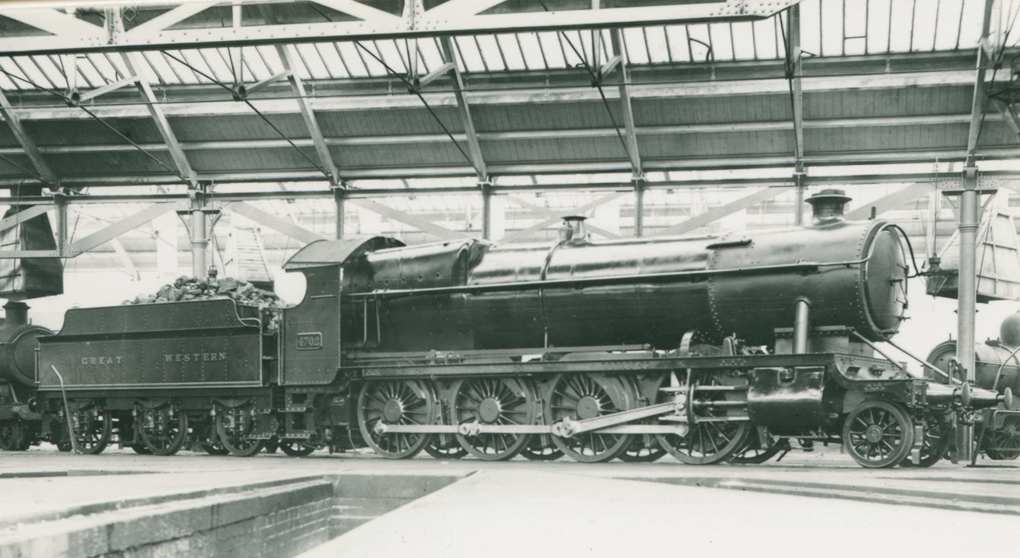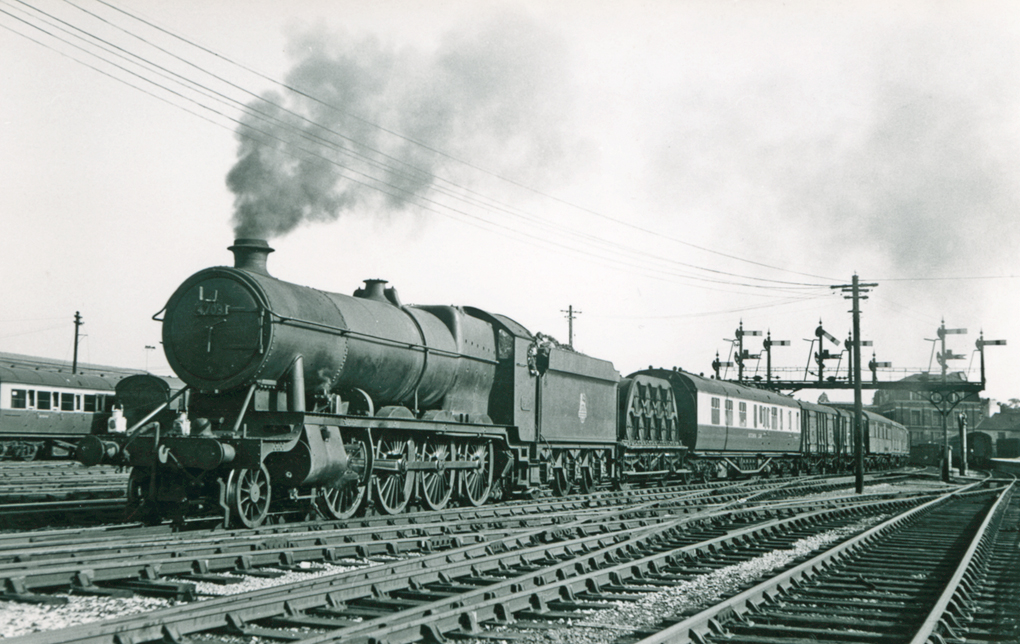
Recreating Churchward's final masterpiece
The 47XX class 2-8-0 Mixed Traffic 2-8-0s
The fact that only nine examples of George Jackson Churchward's mighty 47XX 2-8-0 mixed traffic engines were built between 1919 and 1923 in no way diminishes their importance. For their day these locomotives were truly enormous and excelled at the task they were built for - fast, vacuum-fitted freight work.
The first member of the class, No 4700, was fitted with a Swindon standard No 1 boiler, the same type used on the 'Star' and 'Saint' 4-6-0s, but it rapidly became evident that a larger boiler with a higher output was needed to raise these engines to their full potential. Churchward had already anticipated that this would be the case and had designs for the much bigger No 7 boiler in hand. No 4700 was fitted with this new boiler in 1921 and the remaining 47XX engines were built with it.
When new the '47s' were rarely seen at work as they were primarily used on night express freights from London to Wolverhampton, Newton Abbot or Plymouth. These turns earned the locomotives the nickname 'night owls' and during daylight hours they could often be found simmering in the larger MPDs, awaiting their next nocturnal outings.
The weight of these engines, combined with a long coupled wheelbase restricted the routes on which they could operate and, as more modern Collett engines entered traffic, the 47XX class was increasingly employed on express passenger trains fully justifying their original conception as mixed traffic engines. By the late 1950s the '47s' were frequently called upon to haul heavy holiday expresses on summer Saturdays when the railway was working at full capacity - a job they handled with considerable panache. In recognition of this enhanced role, the class was turned out in fully-lined express passenger green livery from about 1957 onwards.
All the 47XX engines survived into the 1960s but sadly no example was preserved. The omission of such a popular class from the ranks of preserved Great Western engines has long been a source of regret for enthusiasts and over the years many people have expressed the wish to see a '47' in action again. Now that the Great Western Society 47XX Project is under way, that wish is at last likely be fulfilled for the enjoyment of those who knew the locomotives in their heyday, and the enlightenment of future generations.


